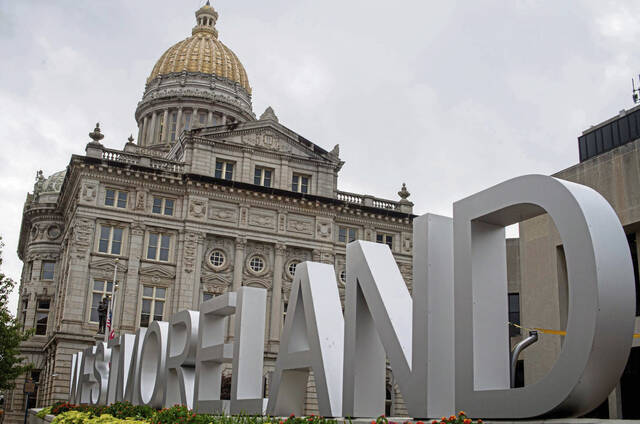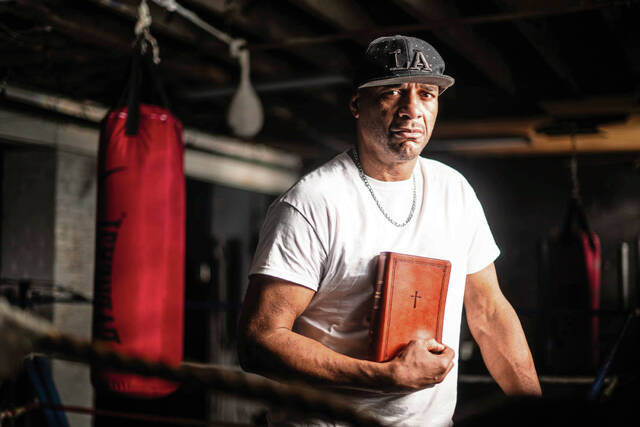“Grand Piano” is the title of Westmoreland Symphony Orchestra’s upcoming concert — but it arguably could be called “Welcome to the Machine.”
The program begins at 7:30 p.m. Saturday in The Palace Theatre in Greensburg with a piece by contemporary American composer Jennifer Higdon called simply, “Machine.”
“Her music in some regards is lyrical and evocative and beautiful, but in this case, it’s a very different piece,” said WSO Artistic Director Daniel Meyer, who will conduct. “It’s a 2½-minute tour de force that really sounds like its title.
“As it cranks up, it’s unrelenting, and for 2½ minutes you get all these sparks and cog wheels moving,” he said. “It really does sound like you’ve stepped into a fully blazing factory.”
A Grammy Award and Pulitzer Prize winner, Higdon formerly was a professor of composition at the Curtis Institute of Music in Philadelphia.
The grand piano of the title will be played by guest artist Antonio Pompa-Baldi, who joins the orchestra for Ludwig van Beethoven’s Piano Concerto No. 5, also known as the Emperor Concerto.
The Italian-born pianist performs worldwide and is Distinguished Professor of Piano at the Cleveland Institute of Music and founder of the Todi International Music Masters festival in Italy.
“This is a bit of a happy reunion for the both of us, because we haven’t worked together in quite some time,” Meyer said. “Every time I perform a piece, I try to inscribe on the first page when I last conducted it and with whom I collaborated. He’s in there, part of that list for the Emperor Concerto.”
Pompa-Baldi performed the piece under Meyer’s direction in April 2010 with the Asheville (N.C.) Symphony Orchestra, when Meyer was its musical director.
“The Emperor Concerto requires an artist of wonderful technique, of course, but also someone who can bring out the drama,” Meyer said. “There’s a very poetic side to Beethoven in this concerto, but there’s also an energetic and majestic side to him.
“I think Antonio covers both of those aspects of the piece really well.”
The program will conclude with Pyotr Ilyich Tchaikovsky’s Symphony No. 6, “Pathetique.” It was the Russian composer’s last work, completed just weeks before he died in 1893.
“Many people see it as a requiem for himself, but I think he’s just pouring his heart out and revealing his soul in the piece,” Meyer said. “There’s so much that’s emotional, there’s so much that’s heart-on-sleeve, but there’s also so much that’s revelatory about the way he thinks about life and music.”
Meyer said audiences often applaud at the end of the symphony’s “dramatic and pompous and triumphant” third movement, thinking it to be the conclusion of the work.
“But then he quickly plunges you into this brooding, despairing, heartfelt, heart-rending finale that reveals his state of mind at this time in his life,” Meyer said. “It’s cathartic in some ways.”
There is debate about whether Tchaikovsky knew of his impending death as he wrote the piece, Meyer said.
“But if you read some of his letters, there were definite plans for coming compositions and future performances. At this point, he’s come into a fame unrivaled across Europe and he’d made a debut at Carnegie Hall in America.
“His fame is at its height, so it’s an enigmatic piece from that perspective.”
Tickets for “Grand Piano” are $20.73-$68.47, available at 724-837-1850 or westmorelandsymphony.org.








